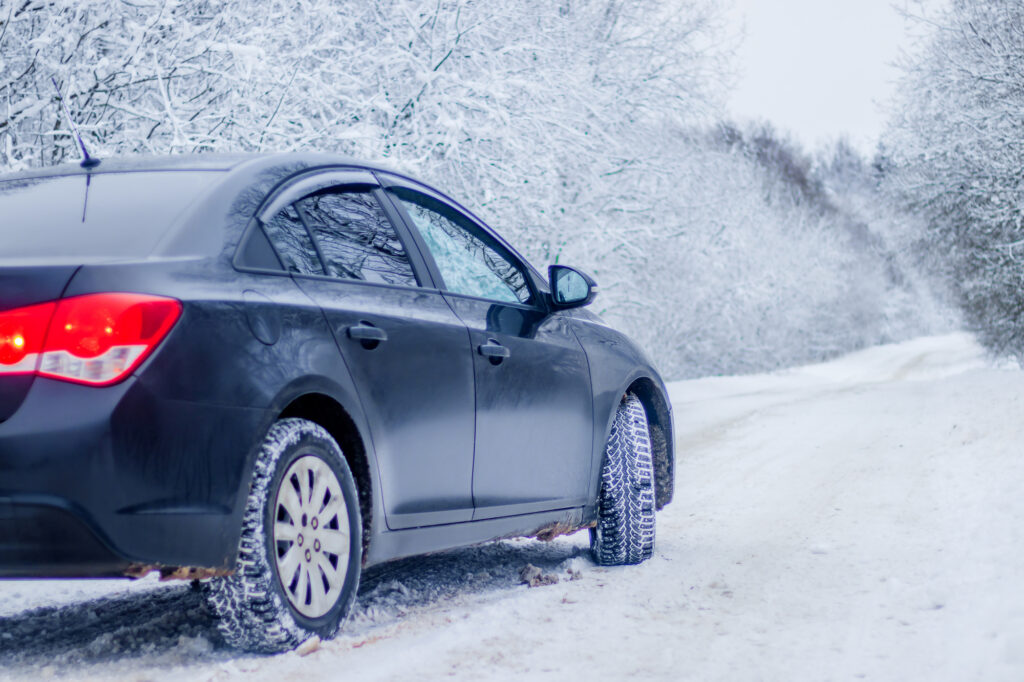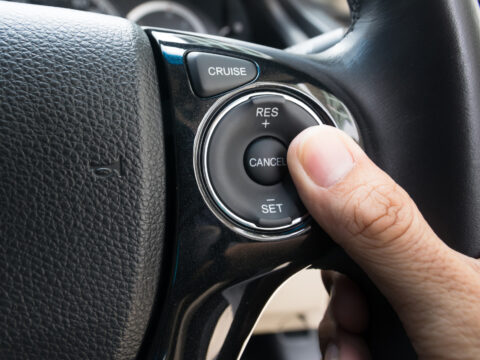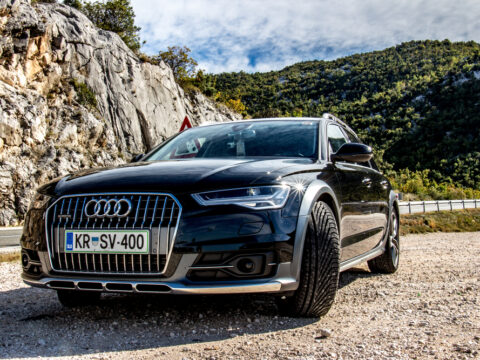In cold weather, it’s essential to start your car regularly to prevent the battery from dying. But how often should you start your car in cold weather? Let’s take a look at some factors to consider.

Contents
How Often Should You Start Your Car in Cold Weather?
One question that many people have is how often they should start their car in cold weather. The answer is that you should start your car once a week to ensure battery life. Starting your car often will help prevent the battery from dying and will also help keep the engine in good condition.
It is vital to start your car regularly in cold weather to preserve battery life. However, many people are unsure how often they should start their vehicle to achieve this.
The answer depends on a few factors, including the battery type and outside temperature. Starting your car once a week should be sufficient for most types of batteries.
However, if it is freezing outside, you may need to start your car more frequently to keep the battery from dying.
No matter what, it is always better to err on the side of caution and start your car more often than less in cold weather. Doing so will help to ensure that your battery stays healthy and lasts for as long as possible.
How Long Should I Warm Up My Car?
When the weather gets colder, it’s a good idea to let your car run for about a minute before driving. Letting your vehicle run gives the engine a chance to warm up and prevents damage from driving with a cold engine.
However, many drivers prefer to let their cars idle for 20 minutes or more to ensure everything is nice and warm before setting off. This is especially important in the winter when the roads can be icy.
Ultimately, it’s up to you how long you want to wait, but letting your car idle for a few minutes will help ensure it’s running smoothly when you hit the road.
What Happens If You Don’t Warm Up Your Car Before Driving?
Starting a cold engine is one of the worst things you can do for your car. So first, warm your vehicle before driving, especially on cold winter days. When you start a cold engine, the pistons are more likely to deform or suffer from excessive wear.
The oil is also thicker when it’s cold, making it harder for the engine to lubricate itself. As a result, you may damage your engine and shorten its lifespan.
So next time you’re tempted to turn the key and go, remember that taking a few minutes to warm up your car first is essential. Your engine will thank you for it in the long run.

Benefits of Warming Up Your Car
There are 5 main benefits of warming up your car.
1. Cold Weather Can Be Brutal on Your Car’s Battery
The cold weather can cause your car’s battery to lose power and not work as efficiently as it should. By taking a few minutes to warm up your car, you’re giving the battery a chance to work more effectively and start your car more quickly.
2. Warming Up Your Car Helps Prevent Engine Wear
When you start your car in cold weather, the oil is thicker and doesn’t flow as easily throughout the engine. This can lead to premature wear on engine parts.
By warming up your car, you’re giving the oil a chance to circulate more easily and lubricate the engine parts, which will help extend the life of your engine.
3. Cold Weather Can Damage Your Tires
The cold weather can cause the air in your tires to contract, leading to flat spots developing on your tires. These flat spots can cause vibration and make driving less comfortable.
By taking a few minutes to warm up your car and then driving gently for the first few minutes you’re in the car, you’ll give the tires a chance to reach their proper inflation level and avoid developing flat spots.
4. Warming Up Your Car Helps Defrost the Windows
If you try to start driving without warming up your car first, chances are good that you’ll have to deal with frosty or foggy windows. This can obstruct your view and make driving more dangerous.
By taking a few minutes to warm up your car, you’re giving the windows a chance to defrost so you can see clearly when you start driving.
5. Cold Weather Can Affect How Well Your Car Start
Car batteries are designed to work best at temperatures above freezing. So if it’s cold outside, chances are good that your battery won’t work as well as it should, making starting your car more difficult.
However, by taking a few minutes to warm up your car, you’re helping ensure that the battery will work properly and start your car more easily.
How To Warm Up a Car in Cold Weather
1. Start with a clean engine. If your engine is covered in dirt and grime, it will have a harder time starting in cold weather. So before you even think about starting your car, make sure to clean the engine well.
This will help ensure everything is working as it should and make it easier for your car to start on those cold mornings.
2. Keep your gas tank full. This one might seem obvious, but it’s worth mentioning nonetheless. If your gas tank is nearly empty, there’s less fuel available to burn and generate heat.
So if you can, try to keep your tank at least half full during winter. That way, you’ll always have enough gas to keep your car running smoothly—even on those freezing-cold mornings.
3. Let your car warm up before driving off. We know, we know—you’re in a hurry, and you want to get where you’re going already. But trust us, it’s worth taking a few extra minutes to let your car warm up before driving off.
This will help prevent any damage caused by the cold weather and also help improve your visibility while on the road. So take those extra few minutes and let your car warm up properly—you’ll be glad you did!














